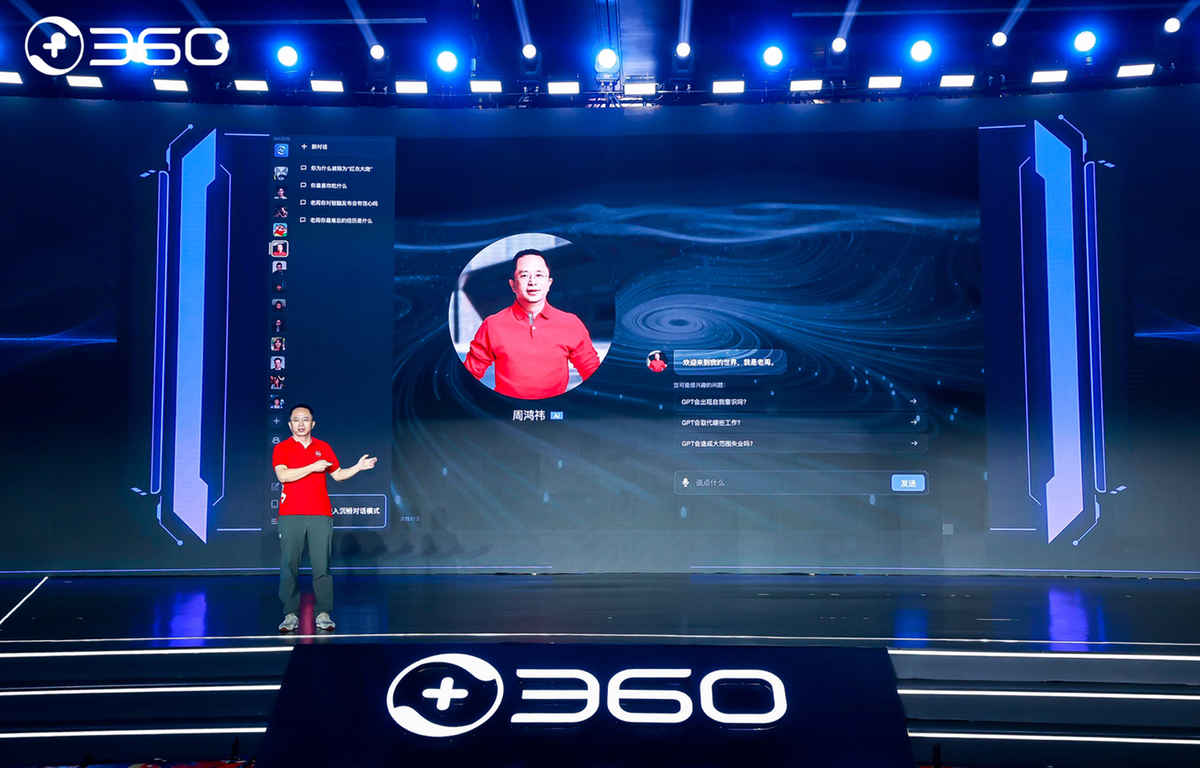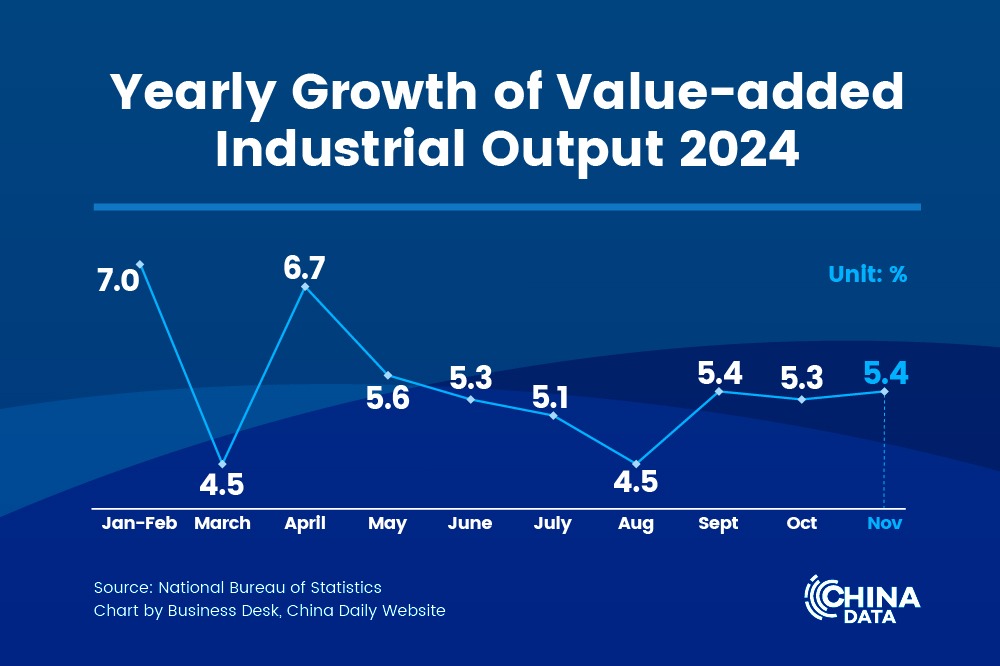360 Security chief's digital twin sign of innovation


Zhou Hongyi, founder of 360 Security Group, has a new companion — a digital twin of himself which has his complete private knowledge base and can reproduce his way of thinking.
"The digital version of me can work as the spokesman of our company. If he is right, he can represent me. If he is wrong, then he takes all the fault," Zhou joked at a product launch in Beijing in June.
The company redefines "digital humans" based on its intelligent brain model capabilities. Unlike traditional digital humans that can only "speak" in accordance with scripts, the company's AI digital humans have the ability to replicate human beings' thought patterns, Zhou said.
The move is part of a broader push by 360 to tap the opportunities of AI-generated content amid the ongoing AI boom triggered by ChatGPT, an AI chatbot developed by US-based AI research company OpenAI.
Zhou said the company's core innovation in large language models — a key technology behind ChatGPT-like applications — lies in AI digital humans, which are the most important application entry point for the future of AI.
The company recently announced that its LLM became the first such model to pass an evaluation conducted by the China Academy of Information and Communications Technology, a government think tank affiliated with the Ministry of Industry and Information Technology, the country's top industry regulator.
Zhou said that in addition to basic capabilities, application scenarios will become more important as the competition in AI LLMs intensifies.
Zhou said the company's latest AI LLM will be integrated into its full product portfolios such as search engines and security products.
He said the company has now created over 200 digital human roles, which are divided into two categories — digital celebrities and digital employees. Digital celebrities include historical figures, stars and well-known literary figures, which can enable users to interact with digital idols and exchange ideas with them.
Meanwhile, digital employees can become knowledge and office assistants for enterprise employees, improving the operational efficiency of a company. At the launch event, Zhou demonstrated how a digital legal commissioner gave professional answers to problems regarding contract review in small and medium-sized enterprises.
Pan Helin, co-director of the Digital Economy and Financial Innovation Research Center at Zhejiang University's International Business School, said both established tech heavyweights and startups in China are pushing to develop their own AI-powered LLMs and generative AI technologies, which will have significant application potential in fields such as culture, retail, finance, healthcare and education.
According to data from market research company Precedence Research, the global market size of AI-generated content in 2022 was $10.79 billion, and the figure is expected to reach about $73.16 billion by 2030.
Nicolas Gaudois, head of research, ASEAN and head of Asia Pacific technology at UBS, said:"2023 is a transitional year for the tech industry, and we believe generative AI has the potential to be the biggest tech transformation since mobile or Internet 1.0."
Kash Rangan, senior US software analyst at Goldman Sachs Research, said generative AI is making inroads in business applications, improving the day-to-day efficiency of knowledge workers, helping scientists develop drugs faster and accelerating the development of software code, among others.
Software companies are already arming their product portfolios with new generative AI offerings. Software-as-a-service firms, for example, are using it to open opportunities for upselling and cross-selling products and increasing customer retention and expansion, Rangan said.




































